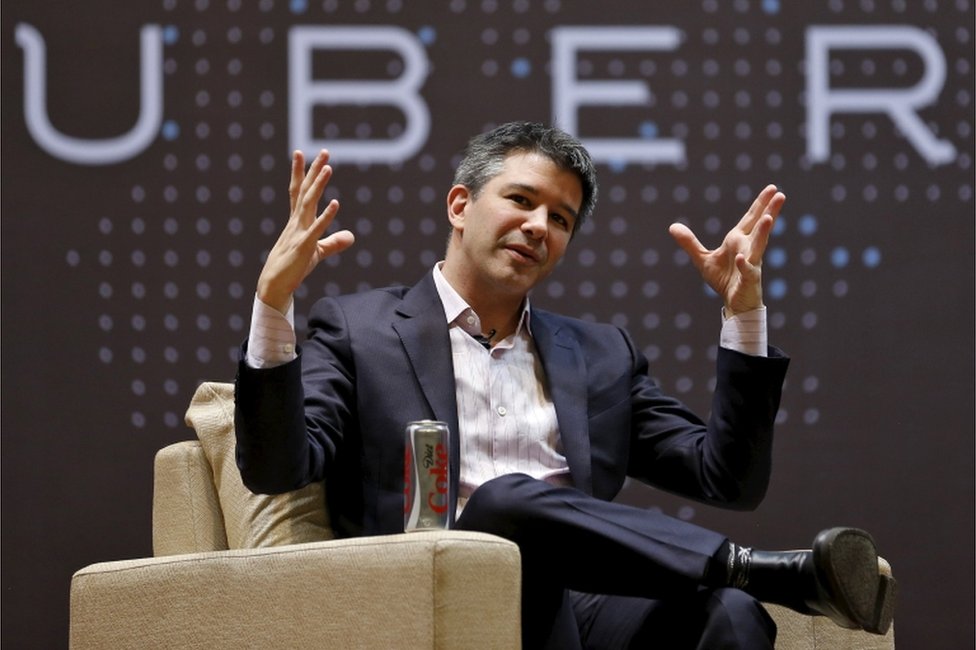In January 2017, John List was due to give a keynote speech at a prestigious gathering of economists. He picked up his phone and, using the Uber app, booked a cab to take him the 30-minute journey from his home. He looked up briefly, as the car sped along Lake Shore Drive, on the banks of Lake Michigan, and took in the view of the approaching city, with its fabulous skyline of skyscrapers. Then he settled back down to work on his talk.
About 20 minutes later he looked up again. Surely he must be nearly there now? "Oh no!!" he screamed. He was back where he'd begun. Something had gone wrong with the Uber app, which had instructed the driver to return to the professor's home. She had not wanted to disturb him, as he was so engrossed in his work.
List was understandably furious. But what made him more so, was that Uber never sent him an apology.
Not everyone who has a complaint to make with Uber has access to its chief executive, but John List did, and so he rang Travis Kalanick that evening. (This was not long before Kalanick was forced to step down, following allegations of sexual harassment.)
After List had related the tale, and let off a bit of steam, Kalanick spoke. "What I want to know," he said, "is how Uber should apologise when this sort of cock-up occurs. What's the best way to keep Uber customers loyal, even when they've had a miserable experience?"
How to apologise is a question which every company is interested to know the answer. And John List was in a unique position to find out.
Not many people with John List's background become leading academics. He grew up in a working class family in Sun Prairie, north-east of the Wisconsin capital Madison. His Dad was a lorry driver and expected his son to enter the family business. John had other ideas. His dream was to become a professional golfer and he won a golf scholarship to college. There he discovered two things: first, he wasn't as good at golf as he had once thought, and second, he was fascinated by economics.
He's now on the economics faculty at one of America's top universities, the University of Chicago. But for a few years he's also been moonlighting, because Uber approached him to be their chief economist, and after he moved on from Uber, he joined another car-riding app, Lyft, where he holds the same position.
No doubt the job is generously remunerated, but for John List it has another appeal; for data geeks, car apps are like gold mines - in the US alone, before the pandemic, there were two million Uber drivers, making tens of millions of trips each week. John List has spent his career studying economic behaviour in the real world, so working with Uber "was a dream come true". With this cornucopia of information, he could analyse all sorts of consumer preferences: what kinds of cars people like, how far they typically travelled, and at what times, how they responded to a change in the price of fares. He could also learn the best way to apologise.
His first step was to look at what happened to Uber users after they had had a bad ride - one that had taken much longer than the app had initially predicted. The app might predict, for example, that a journey would take nine minutes, and it would end up taking 23 minutes. By crunching the numbers, he and his collaborators discovered that riders who'd experienced such a bad ride would spend up to 10% less on Uber in the future. That represented a significant loss of earnings for the car app.
The next move was to come up with a variety of apologies, and to randomly try them out on those who'd experienced a bad trip.



Không có nhận xét nào:
Đăng nhận xét